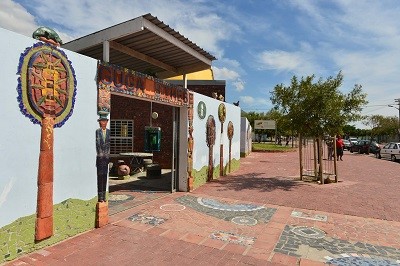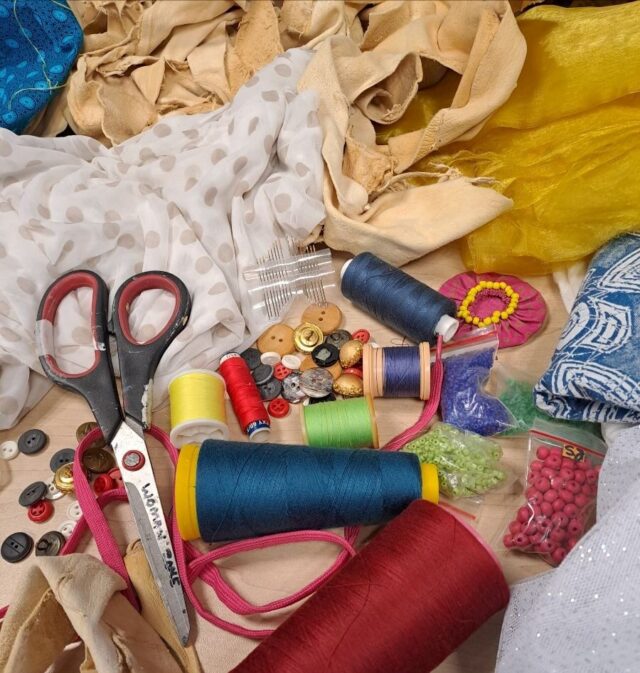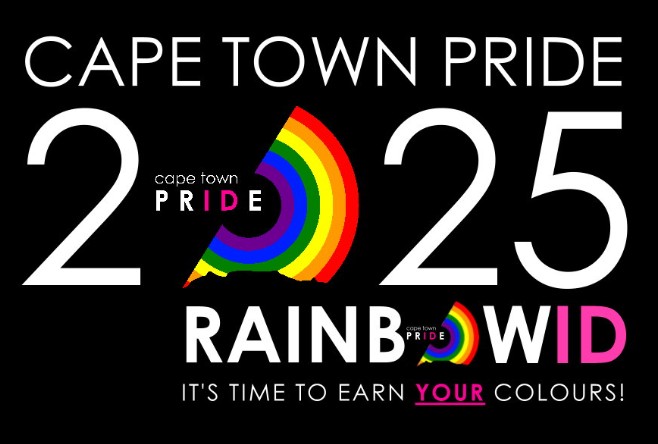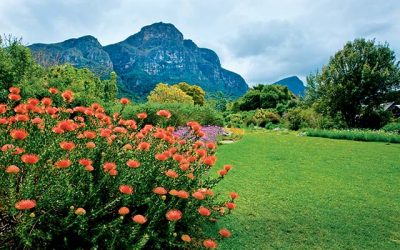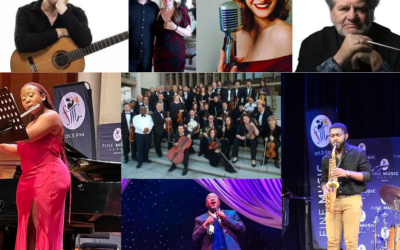City of Cape Town encourages residents to visit the various City facilities which celebrate our cultural heritage and diversity. The options range from the country’s only museum dedicated to pass laws to a vibrant African arts and culture hub.
The City of Cape Town owns and maintains a number of dedicated arts and culture facilities which accommodate museums, arts-and-crafts centres, and spaces for the performing arts.
‘September is the month to explore the colourful fabric of Cape Town’s heritage and diverse cultural tapestry. We encourage residents to visit our various facilities this month to learn more about this city and its history,’ said the City of Cape Town’s Mayoral Committee Member for Safety and Security; and Social Services, Alderman JP Smith.
Many people are unaware that the City is mandated to provide and preserve cultural facilities. These facilities fall into two main categories: those run directly by the City and others leased out to third parties.
Cape Town Cultural Spaces Programme
‘Our Cultural Spaces Programme is aimed at providing dedicated and relevant arts and culture spaces that are active, vibrant and well-utilised throughout the city. We plan to establish spaces throughout Cape Town for the practise and production of arts and culture-related activities, by partnering with sustainable non-profit organisations. The end goal is to boost product and audience development, stimulate community development, create economic opportunities, and add value to Cape Town as a quality destination for local and international tourists,’ said Alderman Smith.
One of the most popular facilities is the Guga S’thebe Arts and Culture Centre in Langa.
‘This space has become an indoor performance area, an amphitheatre, and a studio space for dance, paint, pottery, mosaic and photography. Unique features include a new theatre built mostly from recycled material, as well as the appointment of a barista in the craft and coffee shop,’ said Alderman Smith.
Guga S’Thebe was built in 2000 as a base for crafters and has become a vibrant hub for community theatre, dance, traditional dancing, choral training, music and poetry, and exhibitions showcasing local and national art talent. There are exhibition areas, art studios, and an innovative two-storey theatre built from shipping containers and recycled materials
The Old Pass Office, corner of Washington Avenue and Lerotholi Street, Langa: this museum is the only one in South Africa dedicated to the pass laws of the apartheid era. It also houses the cultural heritage of Langa – the oldest township in Cape Town.
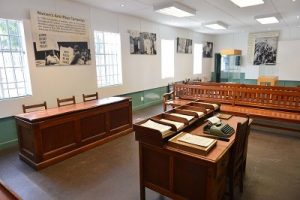
The Old Pass Office
Other heritage facilities you can visit
Rust & Vrede, 10 Wellington Road, Durbanville: this gracious Cape Dutch-style building dates back to the 1840s when it housed a prison, police headquarters and magistrate’s court. In the 1900s it was converted into four housing units. In 1984, the building was declared a national monument. Later, when Durbanville was a separate municipality, it became the venue for council meetings. Today it houses five art studios, a gallery, coffee shop, clay museum and garden.
Art B Gallery and Bellville Art Centre, Bellville Library, Carl van Aswegen Street: for almost 60 years, Art B Gallery and the Bellville Art Centre have jointly served as Cape Town’s foremost hub of cultural and community activities, presenting art exhibitions of high standing such as the Absa L’Atelier, workshops, art classes and music concerts. The Bellville Art Centre provides for various art disciplines, including pottery, drawing, painting, photography and life-drawing classes. It also caters for disadvantaged and disabled learners•.
Hugo Lambrechts Auditorium, 20 Picton Street, Parow: built in 2002, this 450-seater auditorium is one of only a handful of concert halls in South Africa where classical music can be appreciated against a high standard of acoustic excellence. The auditorium is attached to the Hugo Lambrechts Music Centre – a school dedicated to the study of classical music by school learners. Each September the centre hosts an annual national music competition which attracts hundreds of talented young musicians from all over the country.
Goodwood Museum, 43 Kerk Street, Goodwood: established in 1995, this local community museum is dedicated to the interesting and colourful history of Goodwood. The use of the space is being reassessed to make it function more optimally. Changes are planned for the coming financial year
‘Heritage belongs to all the people of South Africa. It speaks to where we come from, unites us, and guides us in celebrating the future. The City’s Organisational Development and Transformation Plan prioritises building integrated communities through using existing facilities to support cultural activities and respecting the diverse heritage of different communities and our various spaces allow us to do just that,’ said Alderman Smith.
LOTS TO DISCOVER IN HERITAGE MONTH!

